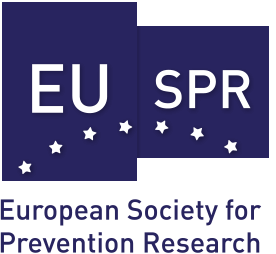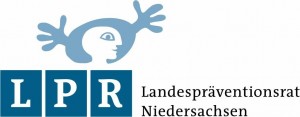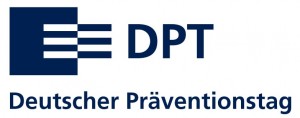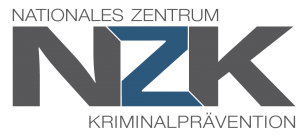Presentations
The presentations are available to EUSPR Members and Conference attendees. Please see the following links:
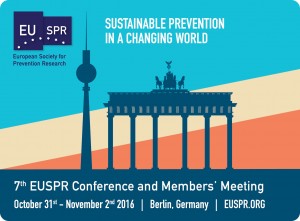 The 2016 EUSPR conference was held in Berlin, Germany from October 31st – November 2nd 2016. The main theme was “Sustainable Prevention in a Changing World” and the conference included keynotes on developing and understanding sustainable prevention systems, prevention responses to the health and social needs of populations in transition, and rapidly emerging health challenges.
The 2016 EUSPR conference was held in Berlin, Germany from October 31st – November 2nd 2016. The main theme was “Sustainable Prevention in a Changing World” and the conference included keynotes on developing and understanding sustainable prevention systems, prevention responses to the health and social needs of populations in transition, and rapidly emerging health challenges.
EUSPR held four pre-conference workshops on 30th October 2016. Please see the link at the top of the page for details.
Please see the following links for details of the awards presented at the conference, social events, and Early Career events.
Online programmeFlyerWorkshopsAwardsBooklet
We assembled an exciting programme of plenary speakers who addressed:
- Developing evidence-based guidance on prevention for migrant populations in the EU
- Sustainable prevention systems as a response to population change
- What is the place and value of prevention in today’s society?
- The dark logic of prevention – harmful consequences of public health interventions
Populations and behaviour in Europe are in transition, and new challenges to health and well being are emerging. This has led to an increased focus on changing needs, and how sustainable prevention systems and structures can be developed in order to offer evidence based and rapid prevention responses to these issues. For example, current international events mean that many people have left areas of conflict, and the consequences of poor infrastructure and the breakdown of family and other social structures. Populations are changing in other ways; the EU has an ageing population and low birth rate, and treaties have encouraged mobility (of young people) across borders in search of work and education opportunities. Mobile populations may already be experiencing poor health and well being, and may not be optimally served by the prevention systems of their host country, thus reinforcing inequalities and poorer outcomes.
At our 2016 conference we explored some of these issues, and ask other questions such as how can prevention scientists make meaningful contributions to policy and practice responses in a rapidly changing world? How do we begin to assess and address changing needs, when in many countries prevention systems are already poorly defined and are orientated to stable and historic health and social needs? What are the consequences for host communities with regards to health resources and the opportunity costs of supporting change? Are our existing prevention programmes and interventions effective in diverse populations? How do we develop prevention responses for rapidly arriving, and departing populations? How might changes in prevention delivery systems and technological innovations lead to better outcomes?
We also had a special session discussing the way forward for prevention science. Panel members will be asked to explore the future of prevention science and ask questions about the ‘politics’ of prevention, the meaning of participant autonomy in contested policy and intervention areas, and how prevention scientists negotiate changing societal attitudes to health and social behaviours.
Abstracts
Abstract submission for EUSPR 2016 has now closed.
We welcomed and prioritised submissions on the main conference theme, but as always, also abstracts on all prevention science related topics. We also encouraged presentations that focussed on improving the use of evidence in policy and practice and welcome delegates from outside of academia who have an interest in prevention science. Dedicated parallel sessions will be held to provide PhD students and Early Career delegates opportunities to present their work in a supportive environment.
Venue
The main conference was held in the centre of Berlin, near the Brandenburg Gate, at the Representation of Lower Saxony at the Federal Government in Berlin (Vertretung des Landes Niedersachsen beim Bund). In den Ministergärten 10, 10117 Berlin. Map. Please see the venue’s website for further details.
Additional meetings took place in the Heilige Elisabeth von Marburg Saal room in the first floor of the Hessische Landesvertretung. In den Ministergärten 5, 10117, Berlin. Map. The Hessische Landesvertretung is across the road from the main conference venue.
The pre-conference workshops were held on 30 October 2016 in two separate venues:
- Jugendgästehaus Hauptbahnhof (Workshop 1). Lehrter Straße 68, 10557 Berlin. Map, Website
- Hotel Albrechtshof, Albrechtstr (Workshops 2, 3 and 4). 8, Mitte, 10117 Berlin, Germany. Map; Website
Co-organisers and in collaboration organisations
We are very pleased that the 2016 conference was co-organised with the Crime Prevention Council of Lower Saxony, CPC (Landespräventionsrat Niedersachsen, LPR), Ministry of Justice of Lower Saxony (Niedersächsisches Justizministerium), the German Congress on Crime Prevention (Deutscher Präventionstag, DPT) and the National Centre for Crime Prevention (Nationales Zentrum für Kriminalprävention, NZK). Funded by the Federal Centre for Health Education (BZgA) on behalf of the German Ministry for Health.
The conference proceeded in collaboration with the Public Health Institute (PHI) at Liverpool John Moores University, UK; State Agency for Prevention of Alcohol-Related Problems, (PARPA), PL; The Dartington Social Research Unit (DSRU)
Please subscribe at the following link to be added to the conference distribution list:
